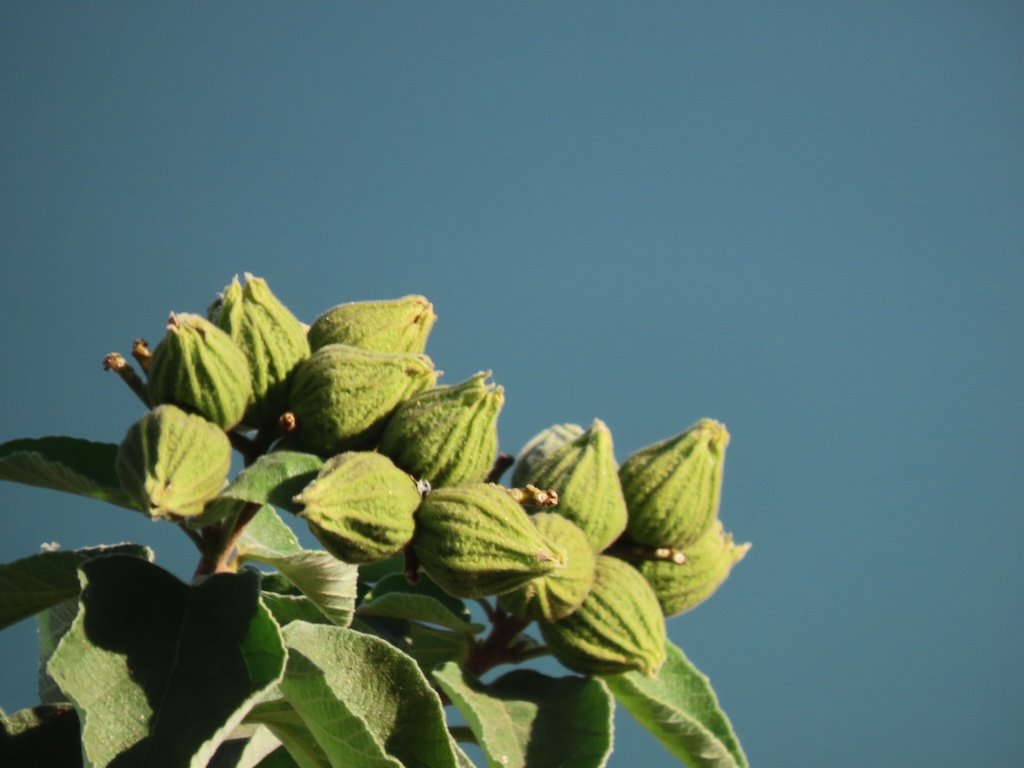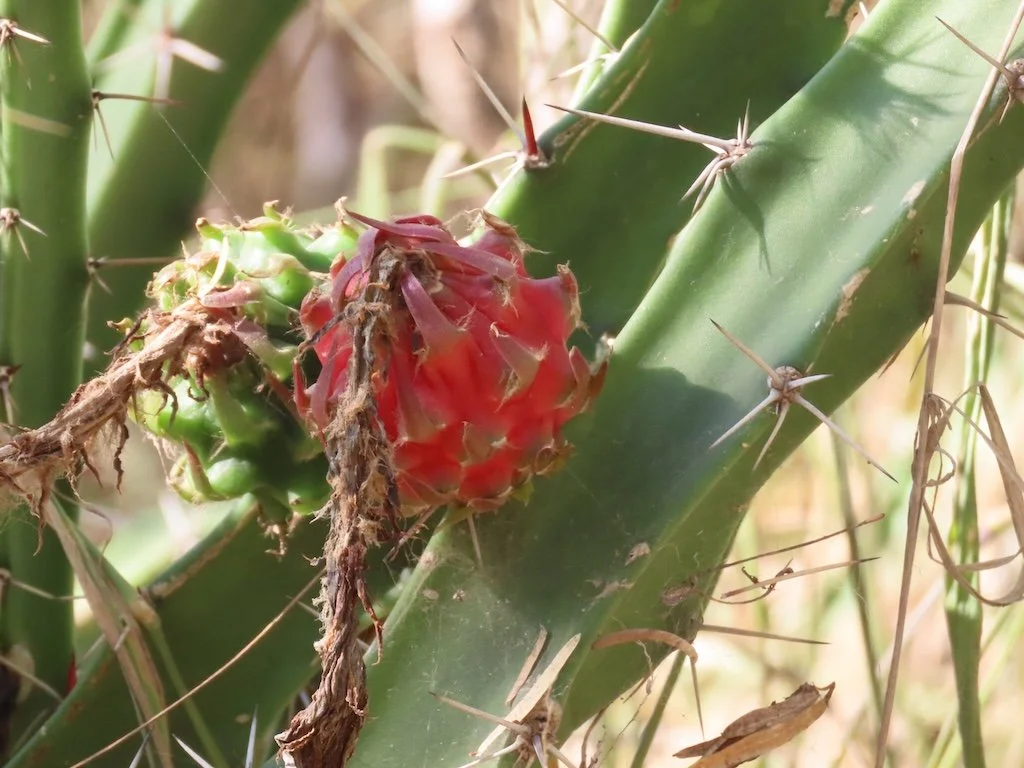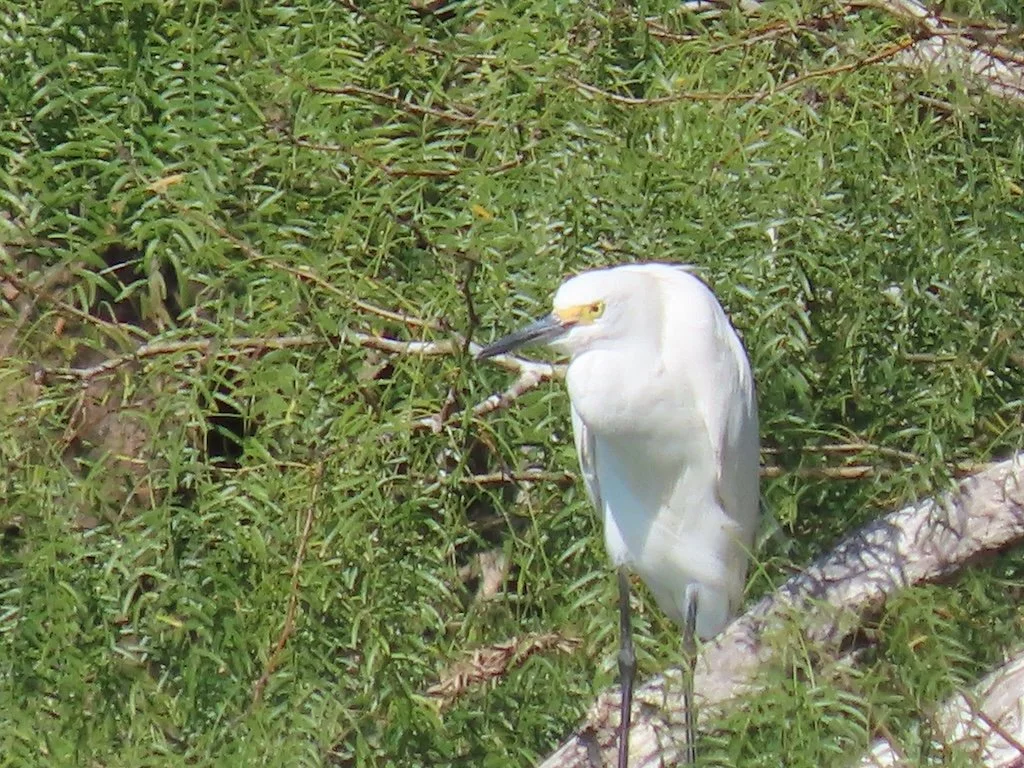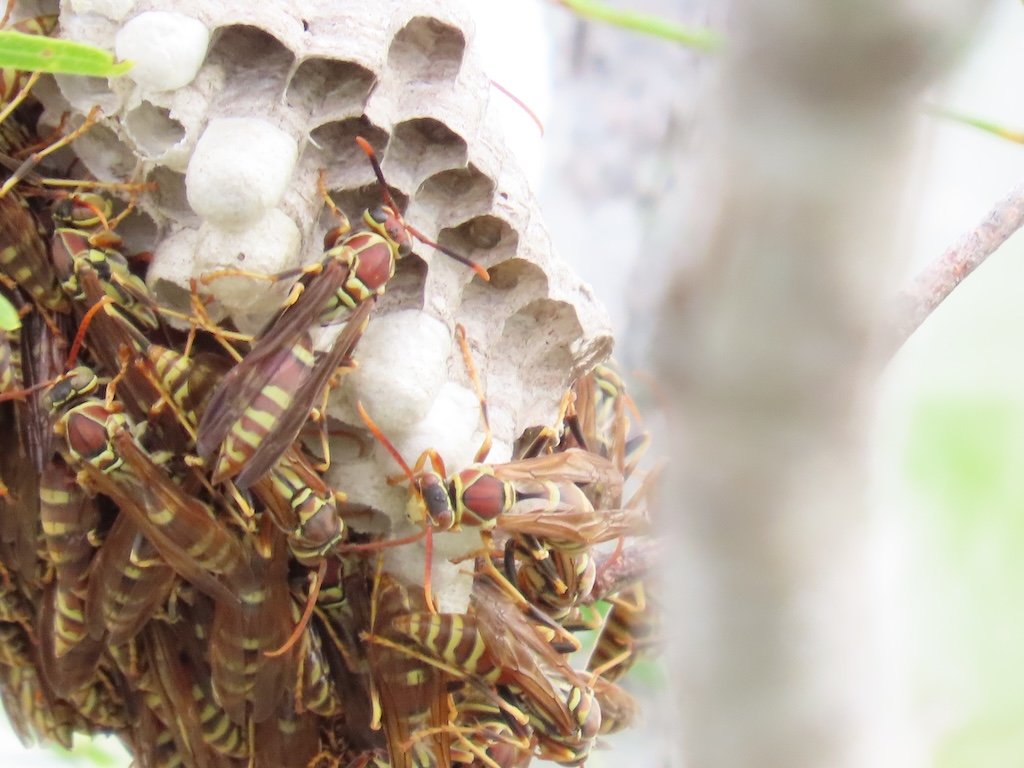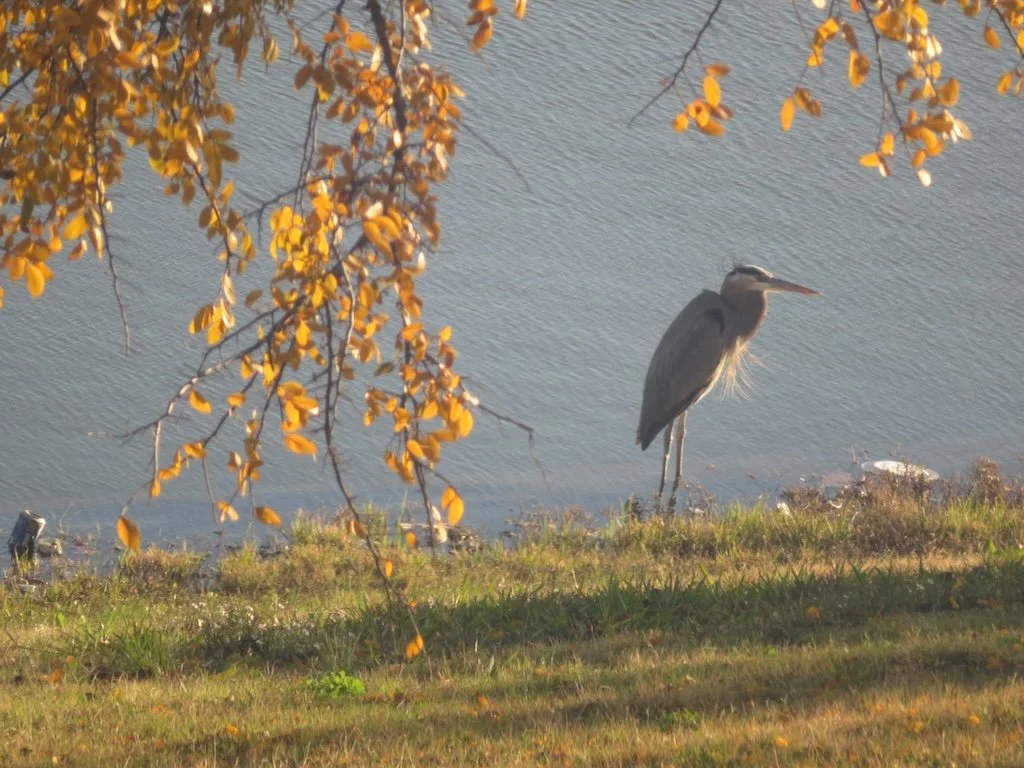Gleanings of the Week Ending November 11, 2023
/The items below were ‘the cream’ of the articles and websites I found this past week. Click on the light green text to look at the article.
In search of the Old Ones: Where to find the world's longest-lived trees – 25-30 woody plants can, without human assistance, produce specimens that reach the age of 1,000 years or older. Of those, only about 10 can reach 2,000 years and those are all conifers. 3 can produce trimillenials and 1 can produce quadrilmillenials. The longest-lived trees of eastern North America, bald cypress, grow in swamps and blackwater rivers. The eldest occur in backwater sections of North Carolina's Black River, just miles from industrial hog farms and fields cleared long ago for tobacco….these bald cypresses reach ages of 2,600+ years. Conifers achieve maximum longevity when conditions are cold and dry, or hot and dry, or steep and exposed, or high altitude, or nutrient poor. In the case of Great Basin bristlecone pine, the longest-living plant on the planet, it is all of the above, with some of these plants reaching up to 4,900 years old.
Conservation of Monumental Mexica Snake Sculpture Continues - Discovered last year in the heart of Mexico City at the site of the Templo Mayor, the main temple in the Mexica city of Tenochtitlan. The 500-year-old sculpture, which measures about six feet long and three feet tall, was painted with yellow, blue, red, black, and white colors made from minerals and plants employed by the Mexica on cult images and temples.
Fungal infection in the brain produces changes like those seen in Alzheimer's disease - When the fungus Candida albicans enters the brain, the body’s response generates amyloid beta (Ab)-like peptides, toxic protein fragments from the amyloid precursor protein that is considered to be at the center of the development of Alzheimer's disease.
Wildlife Photographer of the Year winners show the beauty — and precarity — of nature – My favorite is the Plants and Fungus winner (Last Breathe of Autumn) taken on Mount Olympus.
Scientists says identifying some foods as addictive could shift attitudes, stimulate research - Most foods that we think of as natural, or minimally processed, provide energy in the form of carbohydrate or fat -- but not both. Many ultra-processed foods have higher levels of both. That combination has a different effect on the brain. In a review of 281 studies from 36 different countries, researchers found ultra-processed food addiction is estimated to occur in 14 percent of adults and 12 percent of children. Viewing some foods as addictive could lead to novel approaches in the realm of social justice, clinical care, and public policy.
Flood Resilience Through Green Infrastructure - Green spaces don’t just mitigate flooding. They beautify the urban landscape and improve residents’ mental health. They filter out microplastics and other pollutants, keeping them from reaching sensitive water bodies like rivers. And when the weather is hot, they cool neighborhoods, because plants ‘sweat.’
15th-Century Theater Floorboards Uncovered in Norfolk - A combination of tree-ring dating and study of the building's construction dated the floorboards to between 1417 and 1430. This suggests that William Shakespeare may have performed on the boards!
Second report on the status of global water resources published - Large parts of the world experienced drier conditions in 2022 than those recorded on average for the equivalent periods over the last 30 years. The report results from the expertise provided by 11 international modeling groups to extrapolate from the data/statistics available. There is a particular lack of data on the situation regarding groundwater.
More Mammals Can Glow in the Dark Than Previously Thought - By examining museum specimens, researchers documented the glowing property across 125 mammal species. Humans, for example, have fluorescent teeth, like all mammals do. In 1911, researchers reported fluorescence in European rabbits, marking the first documented case of the glowing ability in a non-human mammal.
21 species have been declared extinct, the U.S. Fish and Wildlife Service says – 10 birds, a bat, 2 fish and 8 freshwater mussels. There are now 650 species that have gone extinct in the U.S., according to the Center for Biological Diversity, which says factors such as climate change, pollution and invasive species contribute to species loss.










